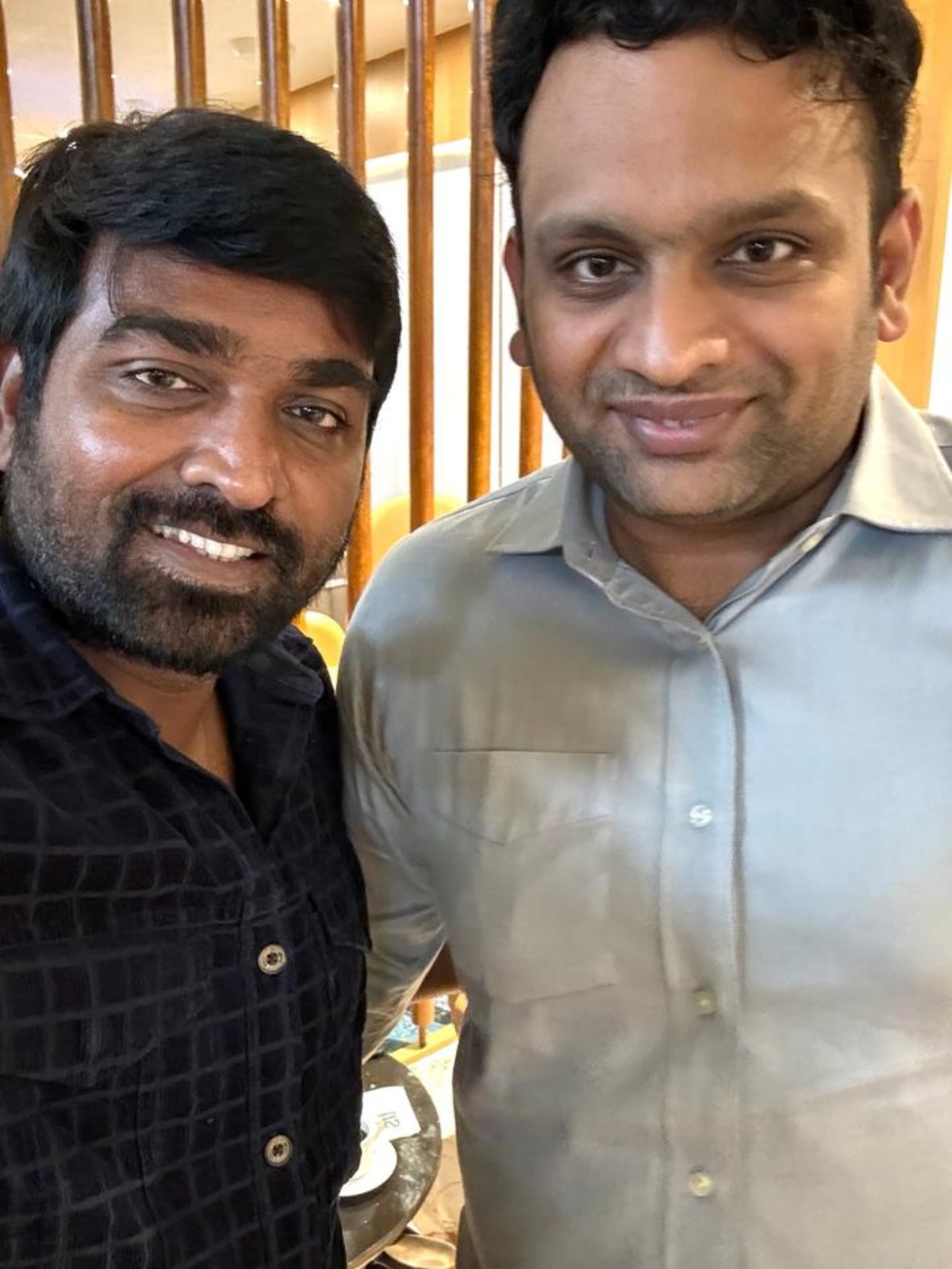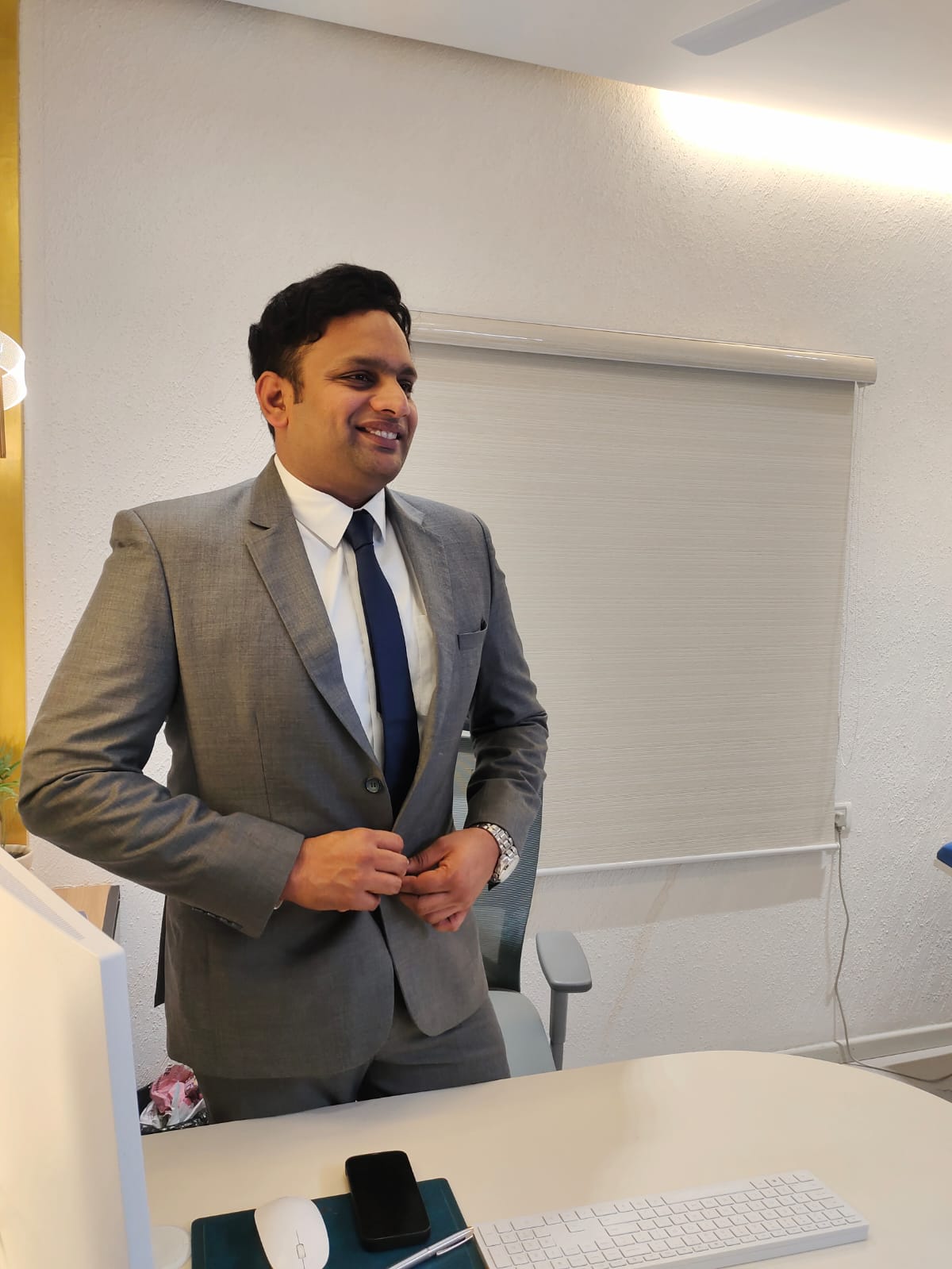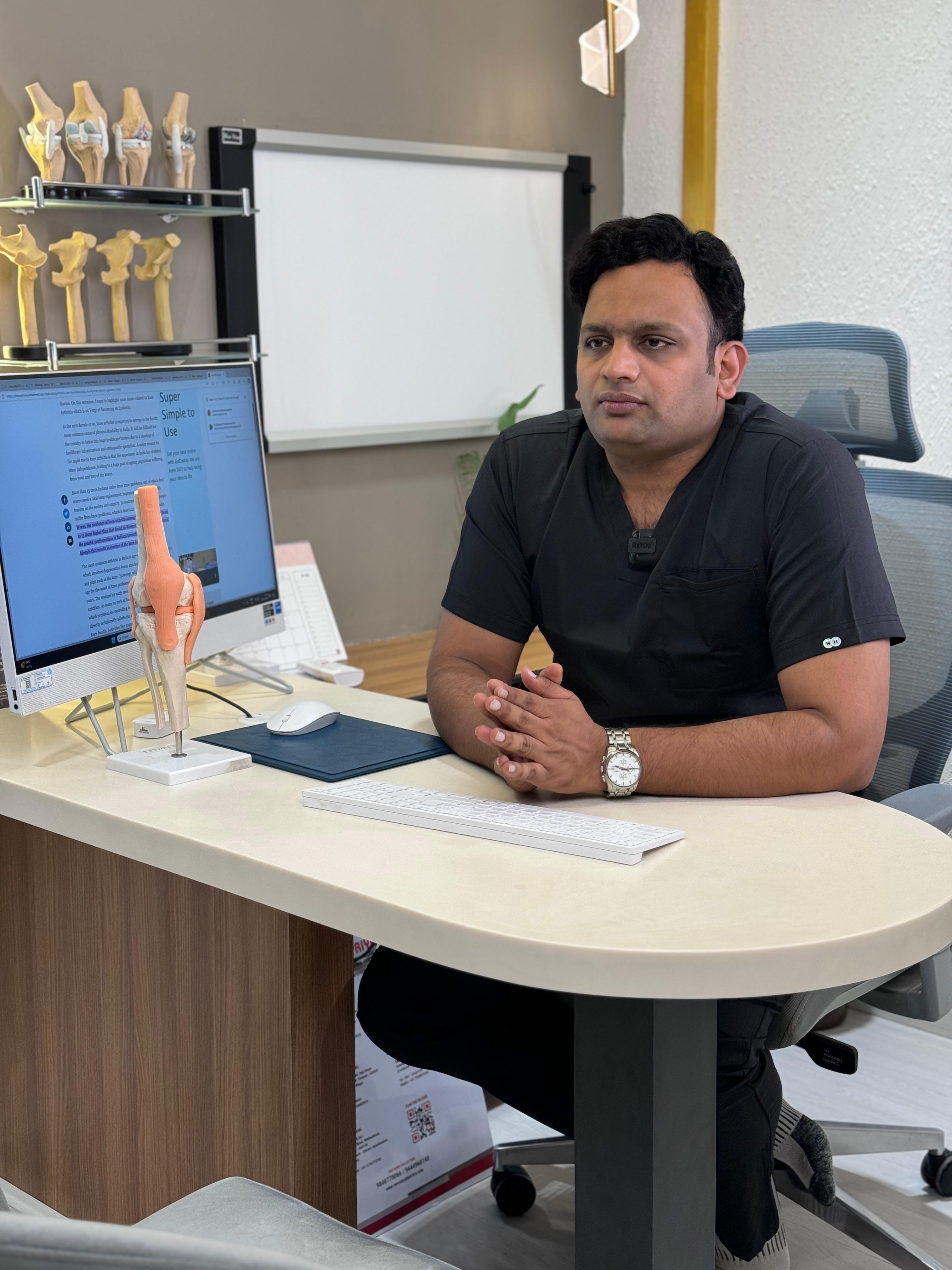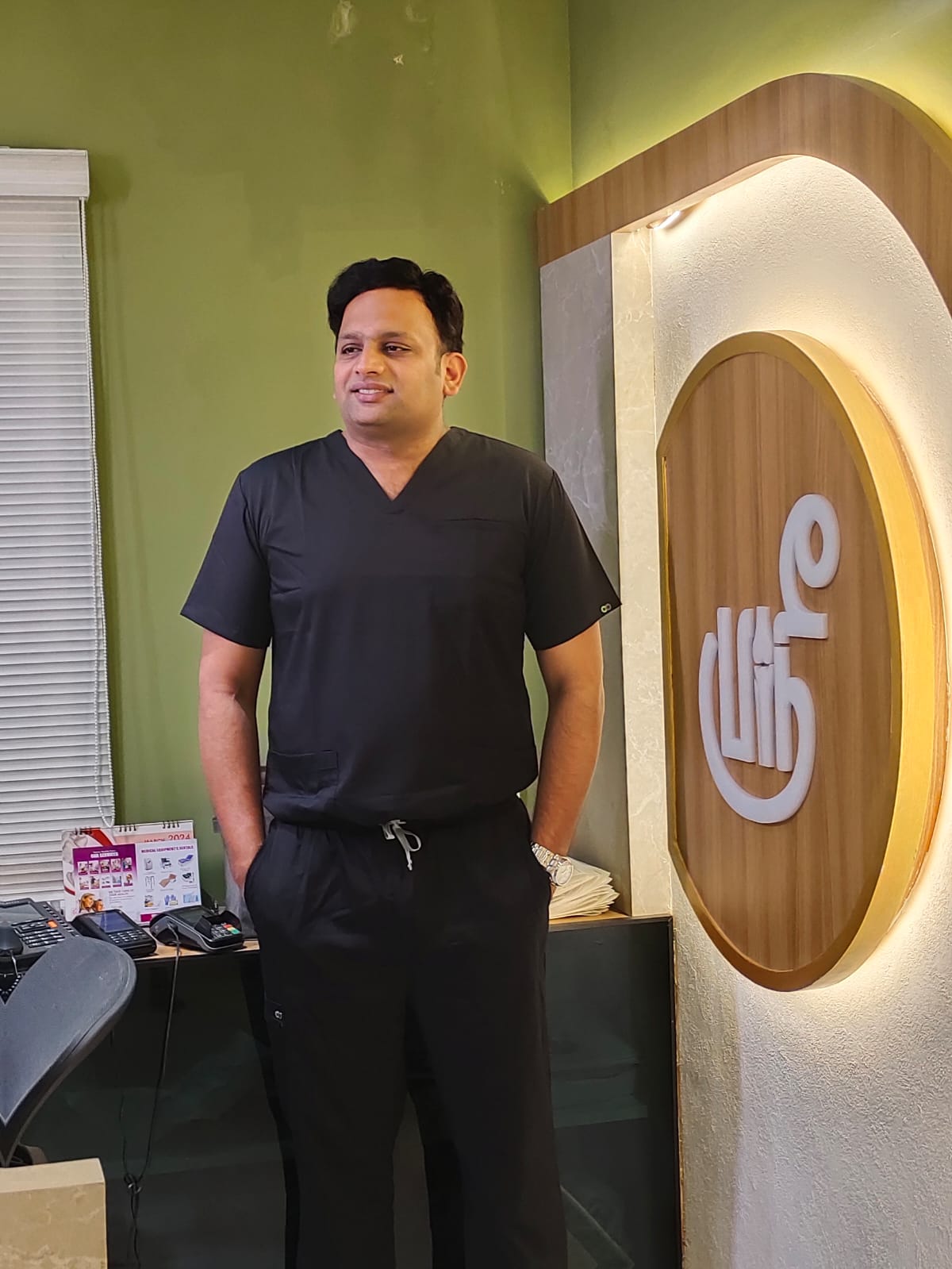Leg Broken Bone
The crack or break in one of the bones in your leg is known as Leg Broken Bone. Common causes of these incidents include falling, being involved in motor vehicle accidents, and sustaining injuries while participating in sports.
A broken leg (leg fracture) will be severely painful and may be swollen or bruised. You usually will not be able to walk on it. A nasty, bad leg break might need metal pins and plates to keep the pieces in place. Less severe fractures can be managed by using a cast or splint. Regardless of the situation, diagnosing and treating the injury is crucial to ensure complete and prompt recovery.
Leg Bone Fracture Types
Leg Bone Occurs in various ways; they are classified based on factors such as the location of the fracture, the pattern of the break, and whether the bone has penetrated through the skin or not.
Complete Fracture
The bone is entirely broken into two or more pieces.
Incomplete Fracture
The bone isn’t entirely broken, but a small crack or fracture doesn’t extend completely through the bone.
Displaced Fracture
The bones are not correctly aligned after the fracture.
Nondisplaced Fracture
The bones have been straightened after the fracture.
Open fracture (compound fracture)
The bone breaks through the skin.
Closed fracture (simple fracture)
The skin is not broken.
Transverse fracture
The break is a straight line across the bone.
Oblique fracture
The break is angled.
Spiral fracture
The break spirals around the bone
Comminuted fracture
The bone is shattered into many pieces.
Stress fracture
A small crack in the bone that is caused by repeated stress.
Avulsion fracture
A piece of bone is pulled off by a tendon or ligament.
Compression fracture
The bone is crushed or compressed.
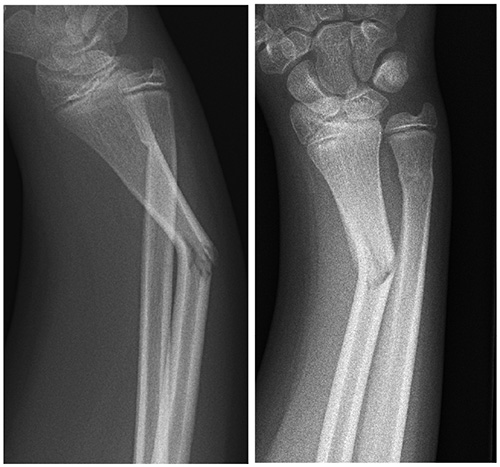
Symptoms
Signs and symptoms of a broken leg are as follows.
- Extreme pain, which could intensify when moving
- Inflammation
- Sensitivity
- Bruises
- Visible irregularity or reduced length of the impacted leg
- Incapability to walk
- Little kids or toddlers who fracture their legs might develop a limp or abruptly cease walking, even without being able to articulate the reason.
Causes
Fall
Lower leg bones can easily fracture from a simple fall, but breaking the thigh bone usually requires a much more forceful impact.
Motor Vehicle accidents
Any of the three leg bones can get fractured during a car crash. If your knees get forcefully pushed against the dashboard or if the car hits your legs, it can lead to fractures.
Sports Injuries
Pushing your leg too far during contact sports can result in a broken leg, e.g., The same goes for falling or getting hit directly, like with a hockey stick or an opponent’s body.
Child Abuse
Children who are unable to walk yet may suffer from a broken leg, which could potentially be a sign of child abuse.
Overuse
Stress fractures are minuscule fissures that form in the weight-bearing bones of the body, like the shinbone. These fractures typically arise from repetitive force or excessive use, such as running long distances.
Diagnose
During the check-up, the medical professional will examine the affected region for pain, inflammation, abnormal shape, or a visible cut.
X-rays can typically identify the exact spot of the fracture and assess the damage to nearby joints. Sometimes, a CT scan or an MRI may be necessary to obtain more detailed images.
For example, if there is a suspected stress fracture, X-rays may not be sufficient to detect it, and a CT scan or an MRI might be required.
Treatments
Different types and locations of broken legs call for various treatments. Stress fractures can often be treated with rest and immobilization alone, whereas other fractures may require surgery to ensure optimal healing.
Setting the leg
When someone breaks their leg, the first step in treatment usually takes place in an emergency room or urgent care clinic. Medical professionals will assess the injury and stabilize the leg in these places using a splint.
If the fracture is displaced, the healthcare team may have to realign the broken bone pieces before applying the splint, known as reduction. In some instances, fractures are initially splinted to allow the swelling to decrease. Once the swelling has diminished, a cast is then used.
Immobilization
Limiting its movement is essential to ensure a broken bone heals correctly. A splint or cast is commonly employed to immobilize the fracture.
Medications
You can ease your pain and reduce inflammation by taking a pain reliever like acetaminophen (Tylenol, others), ibuprofen (Advil, Motrin IB, others), or a combination. Before taking any medicines, the Doctor’s advice is essential.
Therapies
Once your cast or splint is removed, you’ll probably require rehabilitation exercises or physical therapy to decrease stiffness and regain mobility in your injured leg.
Surgery and other procedures
Most broken bones can be healed by immobilization with a cast or splint. However, in some cases, surgery may be necessary to implant plates, rods, or screws to ensure that the bones heal in the correct position.
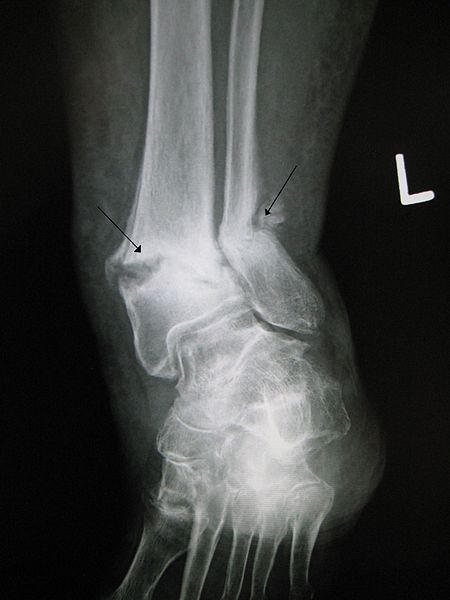

Fracture Tibia and Fibula Surgery in Chennai
The tibia and fibula are two long bones in the lower leg between the knee and ankle. They are crucial for weight-bearing and support the muscles of the calf.
Tibia
The shinbone, or tibia, is the two’s more prominent and sturdier bones. It carries most of the body’s weight and is crucial in supporting and stabilizing the leg.
The top part of the tibia connects with the femur to create the knee joint, while the bottom part connects with the talus bone to form the ankle joint.
Fibula
The fibula, the smaller bone, runs alongside the Tibia. Unlike the tibia, it doesn’t bear as much weight and doesn’t play a direct role in the knee joint.
Instead, the fibula supports muscles and helps keep the leg’s shape intact.
To access the most cost-effective tibia and fibula fracture surgery, you can contact Shri Bone & Joint Clinic located in Chennai.
How much does Leg Fracture Treatment Cost in Chennai, India?
- Consultation with an orthopedic surgeon: ₹500 – ₹1500
- X-rays and other imaging tests: ₹500 – ₹3000
- Casting or splinting: ₹1000 – ₹5000
- Closed fracture surgery: ₹20,000 – ₹1,00,000
- Open fracture surgery: ₹30,000 – ₹1,50,000
These are the approximate range of costs for leg bone fracture treatment in Chennai; this may increase or decrease in the way of the Hospital.
Why choose Shri Bone & Joint Clinic for Leg Fracture Treatment in Chennai, India?
Shri Bone & Joint Clinic is the best Orthopedic clinic in Chennai. We have provided immediate relief for all kinds of knee or bone-related problems. Our doctors have ten or more years of experience in the orthopedic surgery field.
We have two branches in Chennai such as Adyar and Aminjikarai. You can visit us at any time. We are available 24 hours, and all kinds of emergency walk-ins are accepted in our Hospital.
To get the best treatment and better care at affordable costs, reach Shri Bone & Joint Clinic in Chennai.
How long does a leg fracture take to heal?
It may take 6 to 12 months for the upper leg to heal. But the lower leg takes 4 to 6 months to heal.
Can a broken leg heal naturally?
Fracture healing needs surgery, slings, braces, or any other device, but also proper nutrition and overall health because broken bones can repair themselves naturally. The treatment is required to assist the natural healing process.
What is the first aid for a fractured leg?
Stop bleeding by applying pressure to the wound using a sterile bandage, clean cloth, or fresh clothing.
Can I walk on a fractured leg?
Usually, you will not be able to walk. If the fracture is severe, the leg might look weird, and the bone could even be sticking out of the skin.
Which is the Best Hospital for Leg Bone Fracture Treatment in Chennai?
Shri Bone & Joint Clinic is Chennai’s best leg bone fracture treatment hospital. You can get treatment at an affordable cost.
Better Health Care is Our Mission
Phone
Shri Bone & Joint clinic
No.14/31, 3rd Avenue Indira Nagar, Adyar, Chennai-600020
Phone: 044 4505 5509



